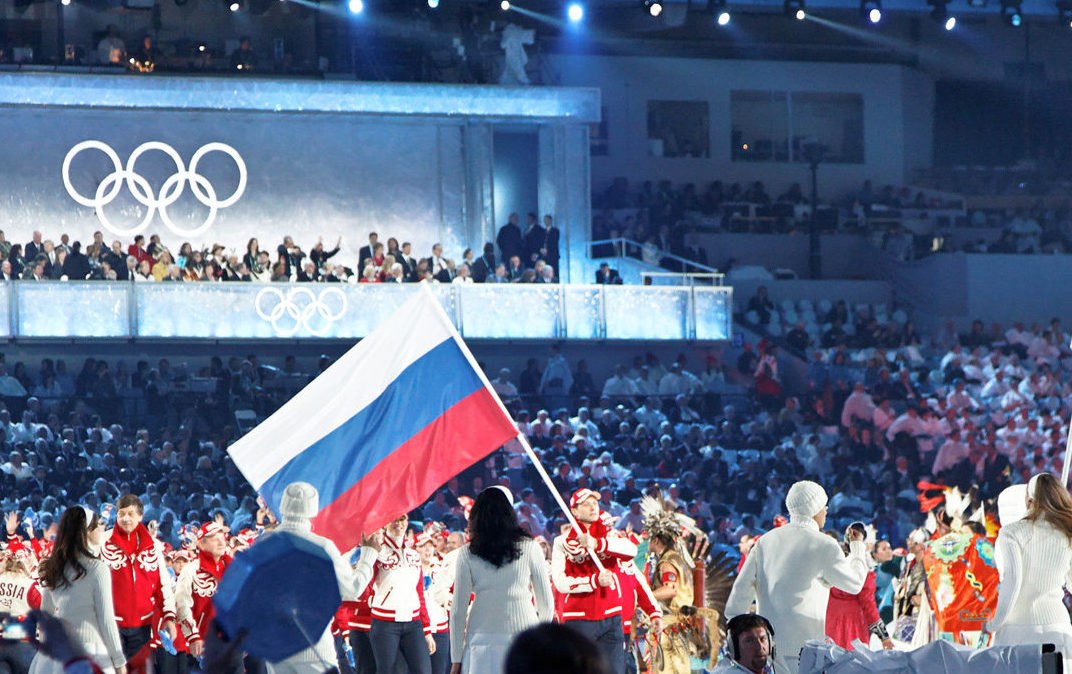Russian Athletes banned from representing their country at Olympics
After a 16 month investigation of doping in Russia, the International Olympic Committee (IOC) decided to ban Russia from participating in the 2018 Winter Olympics in Pyeongchang, Korea. Although Russia’s clean athletes can still apply to compete as independent Olympic athletes, the ban stirs up great controversy––after all, the Russian flag will be outlawed, Russian officials prohibited, and the entire nation will end up with zero medal. This decision is especially difficult to accept for the Russians, whose President Vladimir Putin had even openly stated multiples times that sports is their national pride.
The IOC defended their punishment with World Anti-Doping Agency (WADA) approved evidence that the Russian Olympic Committee has not only been allowing, but also supporting individual athletes on cheating by providing them illegal performance-enhancing drugs and muddling with the anti-doping test results. They have traced the cause of this nation-wide cheating back to the 2010 Vancouver Winter Olympics, when the athletes only won a disappointing number of 15 medals. Four years later in the Winter Olympics hosted right in their home base, Sochi, Russia had more than doubled its medals with 33 in total, in which 13 have later been stripped due to the discovery of doping involved. It can be hypothesized that the Russian Olympic Committee didn’t want to lose face in their own country, thus turned to extreme means to secure their national glory. “I think it’s a fair way to deter future athletes from doping,” said Cynthia Cheung (10A).
Despite their apologies for their athletes’ extensive cheating, the Russian officials denied any state-sponsored participation in this scandal. Putin has retaliated by declaring the accusations as “a dangerous return to the policy of letting politics interfere with sport.” The Russian people and clean athletes also show a strong likelihood to boycott the 2018 Winter Olympics. Evgenia Medvedeva, the Russian national athlete who won figure-skating champion twice, revealed that she “could not accept” competing as a neutral athlete, the alternative suggested by the IOC. Irina Avvakumova, a member of the national ski jumping team, has also stated that she “did not prepare for so many years just to go and compete without representing my country”. The Russian State Broadcasting Company won’t even play the Olympics on television.
Such large-scale boycotts will negatively impact the Pyeongchang committee organizing the next 2018 Olympics. Already facing poor ticket sales due to the threats from North Korea, Pyeongchang now experiences another drop in selling their tickets. Even worse, the dissatisfied audience is not just the Russians. In fact, after famed athletes like Evgenia Medvedeva might not participate, many of their fans won’t show up either. There is also audience who purely think IOC’s research is biased. “It’s all [nonsense],” Yuhan Chen (10A) concluded after reading an article about WADA letting American athletes use illegal drugs and compete.
All in all, banning Russia from the Pyeongchang Winter Olympics is a controversial topic, causing many debates, boycotts, and headaches for South Korea’s organizing committee.
Feature Image of the 2014 Winter Olympics in Sochi, Russia, from Wikimedia Commons

